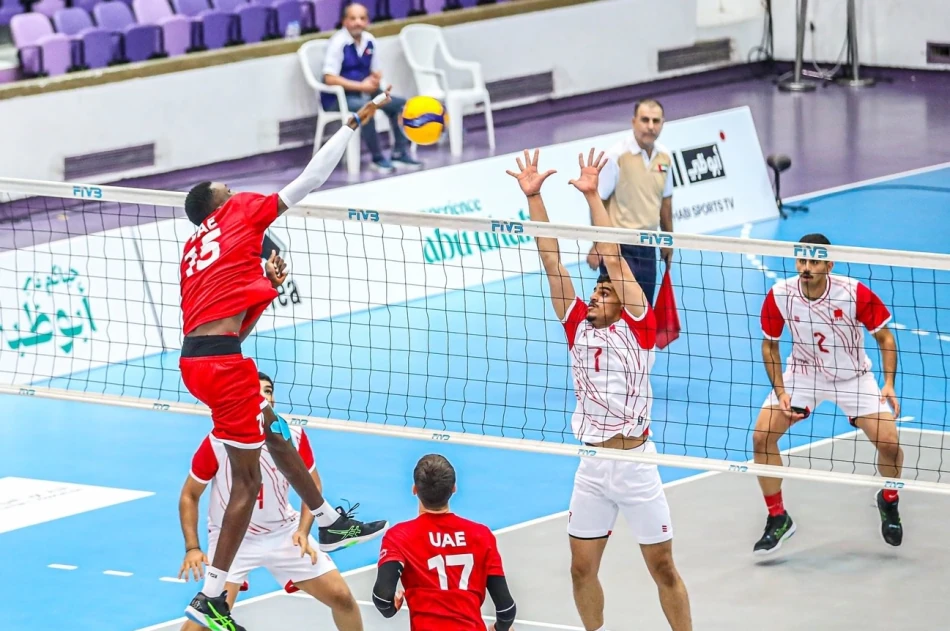
Emirates Volleyball Federation Holds Extraordinary General Assembly
UAE Volleyball Federation Seeks Extended Term to Complete Ambitious Development Strategy
The UAE Volleyball Federation is pushing for a four-year extension of its current board's mandate through 2028, citing the need to maintain continuity in executing strategic development projects and international partnerships. The proposal, set for discussion at an extraordinary general assembly meeting on September 4, reflects a broader trend among Gulf sports federations prioritizing long-term planning over frequent leadership changes.
Strategic Timing Behind the Extension Request
Federation President Abdullah Al Darmaki's board, which assumed office in December 2021—18 months later than originally scheduled due to pandemic disruptions—argues that additional time is crucial for completing their developmental roadmap. The delay in their initial start date has created a compressed timeline for implementing multi-year initiatives, particularly those targeting national teams in both indoor and beach volleyball.
This extension request comes at a critical juncture for UAE volleyball, as the federation works to strengthen its international standing and secure more prominent roles in continental and global volleyball governance.
Development Strategy at the Core
National Team Enhancement Focus
The federation's development strategy centers heavily on elevating both traditional volleyball and beach volleyball national teams. This dual-sport approach mirrors successful models in volleyball powerhouses like Brazil and the United States, where beach volleyball success has historically bolstered the overall volleyball ecosystem.
International Partnerships and Representation
A key component of the federation's justification involves ongoing cooperation agreements with the International Volleyball Federation (FIVB) and various national federations. These partnerships typically require multi-year commitments to yield meaningful results, making leadership continuity particularly valuable for maintaining institutional relationships.
The federation's emphasis on securing more UAE representation in continental and international positions suggests an ambitious agenda to raise the country's profile in global volleyball governance—a strategy that aligns with the UAE's broader sports diplomacy initiatives.
Broad-Based Support Structure
The federation's membership base of 19 clubs provides a substantial foundation for the proposed extension. This roster includes major UAE sports clubs like Al Jazira, Al Ain, and Al Wasl, alongside specialized entities such as the Sharjah Sports Club for Women and the Fatima bint Mubarak Academy for Women's Sports.
The inclusion of women's sports organizations reflects the UAE's commitment to gender equality in athletics, positioning volleyball as a vehicle for broader social objectives beyond pure sporting achievement.
Regional Context and Implications
This governance extension mirrors trends across Gulf Cooperation Council sports federations, where stability and long-term planning have become prioritized over frequent leadership rotations. The approach contrasts with some Western sports governance models that emphasize regular turnover, suggesting the UAE is developing its own administrative philosophy for sports development.
For the broader UAE sports landscape, approval of this extension could signal increased confidence in appointed leadership and a shift toward treating sports federation governance more like corporate strategic planning—with multi-year mandates becoming the norm rather than the exception.
Most Viewed News

 Sara Khaled
Sara Khaled






